Support system for players
Players had coaches if they could afford them. There were only a few management teams including Mark McCormack and Donald Dell.
More: Move Like Federer With This 5-Step Footwork Drill
Sponsors
In the 80s and 90s sponsors were plentiful and if you played good tennis, they would fill your basket as if it was Christmas.
Academies and Training Facilities
The thought of sending your talented tennis player away from home was considered a crazy idea. Moms, dads, and grandparents always thought where you were born is where you should grow up.
Pro Tournaments
The top seeds had several free rounds until the quarters. The players, for the most part, had a lot of downtime between tournaments.
More: 10 Steps to Improve Your Consistency
What the Body Endures
The Australian Open, held earlier this year, gave me new insight into the physical demand of today's tennis game.
In one of the matches David Ferrer played, he and his opponent covered close to eight miles. This was not eight miles in a straight line like a runner, but quick, side-to-side and up-and-back movements. The players were running wide for a cross court forehand and then sprinting back to hit another backhand 40 to 50 feet away.
More: 3 Lessons From the Australian Open
In the next point they would be running at full power to reach a short ball at the net and then stop short to avoid hitting the net. Running laterally across the baseline and sliding into the ball. Li Na, Serena Williams, Novak Djokovic and Andy Murray all did this. These are the type of movements that can cause ankle injuries.
Sliding
When I look back to the 80s and 90s, there was virtually no sliding, except for on the clay. What would happen if all levels of play were taught to slide? I myself would change my profession from tennis coach to Sport Orthopedic, and I would be busy 24 hours a day.
More: 6 Weapons to Win More Matches
 Search for your next tennis event.
Search for your next tennis event.
- 2
- of
- 2
About the Author

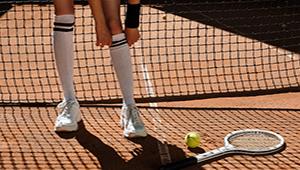
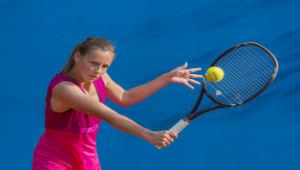
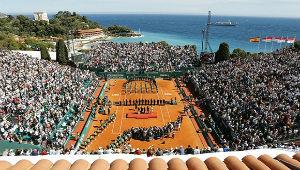
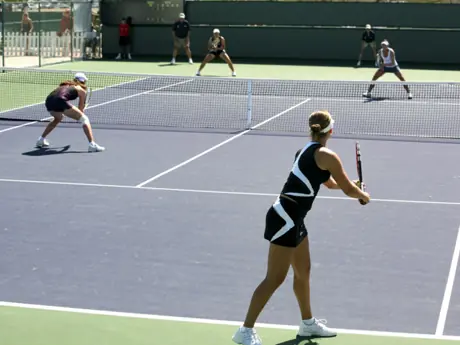
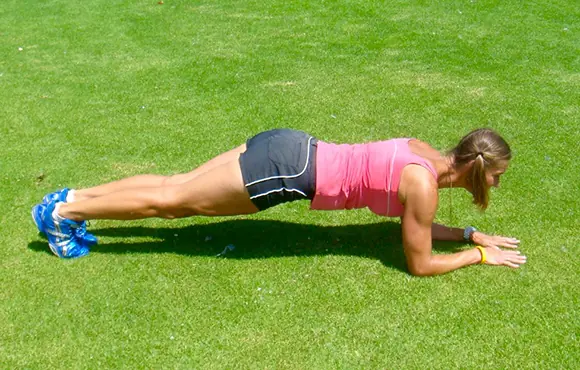
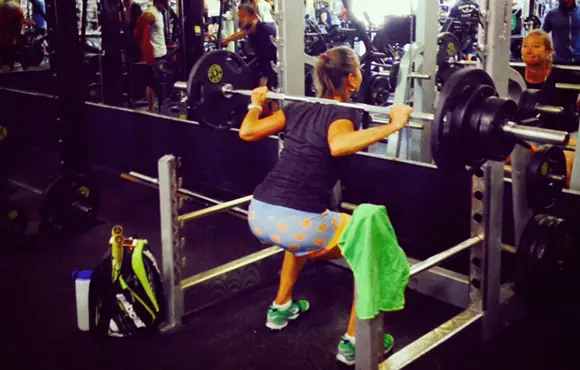

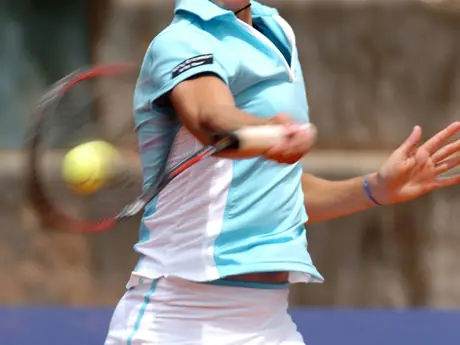
Discuss This Article